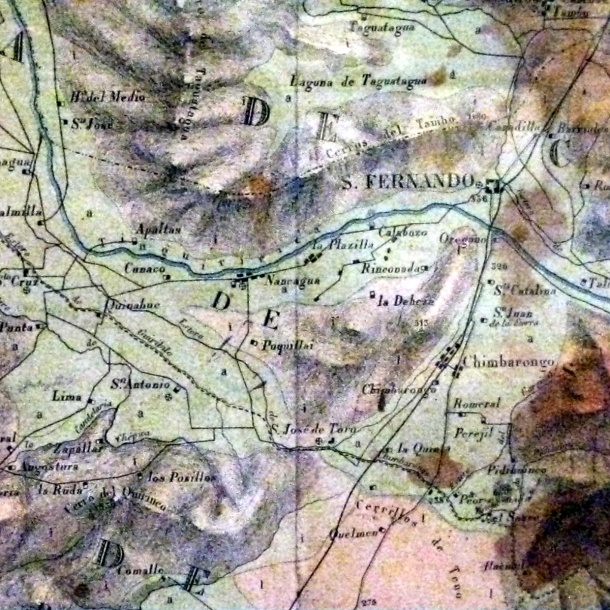
International research is a vibrant part of the Center for Watershed Sciences. The Center’s expertise in California water issues has been especially helpful in regions with similar Mediterranean climate and water supply challenges.
Many of our faculty members, researchers, students and alumni are engaged oversees. Here are some of them:
Bill Fleenor has made it his personal mission to help Californians understand how water flows through the Sacramento-San Joaquin Delta and influences the environment. His expertise in hydrodynamics brought him to Spain to help scientists analyze the effects of streamflow and river-borne nutrients on phytoplankton, the foundation of aquatic ecosystems. Besides his research, Fleenor has helped bring better water quality, supply and sanitation to developing countries as founding adviser to the UC Davis chapter of Engineers without Borders. Fleenor is a Professional Research Engineer with the Department of Civil & Environmental Engineering
Ted Grantham helps regions understand the hydrological and ecological processes affecting wildlife. While a U.S. Fulbright Research Scholar at the University of Barcelona, Grantham helped water managers in Spain better understand how dam operations affect salmon populations. A postdoctoral scholar with the Center, Grantham previously studied migratory birds on Germany’s North Sea coast, seeing firsthand the effects of climate change. As a Stanford University student he studied the territorial behavior of lizards on the Caribbean island of St. Martin.
Katrina Jessoe is dedicated to helping governments better understand the intersection of the economy and the environment. In India, she has advised officials on the effects of reducing power subsidies to farmers, determining that while water use went down, farmers’ income declined more significantly. An Assistant Professor in the Department of Agricultural and Resource Economics, Jessoe also has studied India’s response to waterborne diseases that kill more than 1 million children every year. She found that the government’s planned expansion of groundwater protections would yield marginal health benefits.
Josué Medellín-Azuara has conducted research on water supply for agricultural, urban and environmental uses in Baja California. He co-developed with UABC-Ensenada a hydro-economic model to screen water supply alternatives to the environmentally stressed Colorado River Delta, and other competing uses. An expert in hydro-economic modeling, Medellín-Azuara has helped in Baja California and the Rio Grande Basin establish better water management practices by assessing the economic value of their water use. Josue has also worked with The Nature Conservancy and other researchers from the Universidad Autonoma de Baja California in Ensenada on conducting a pre-feasibility assessment for a Water Fund in the Ensenada Region.
Dan Nover has helped bring cleaner water and sanitation to developing countries. As president of the UC Davis chapter of Engineers Without Borders, Nover helped introduce potable water to the small Bolivian village of Quincucirca, which has been plagued with water-borne illnesses. He also traveled to the Ugandan town of Nkokonjeru to help build composting latrines. Before earning his doctorate in civil engineering at UC Davis, Nover served in the Peace Corps, building small-scale sanitation projects in the Philippines.
Sam Sandoval’s computer modeling work has guided the resolution of water disputes between Texan and Mexican farmers in the binational Rio Grande Basin. Sandoval also helped create a economic model of the Central Asia’s Syr Darya Basin to prioritize water uses and identify opportunities for water conservation. Sandoval is an assistant professor and cooperative extension specialist with the Department of Land, Air and Water Resources.
Joshua Viers, an associate director at the Center, has trained South African grape growers in California’s sustainable viticulture practices. He performed the same service in the Waipara Valley of New Zealand in ways consistent with traditional Aborigine knowledge. Viers, a research ecologist, also has introduced conservation approaches in Chile, Costa Rica and other countries to protect some of the world’s most endangered aquatic species.
